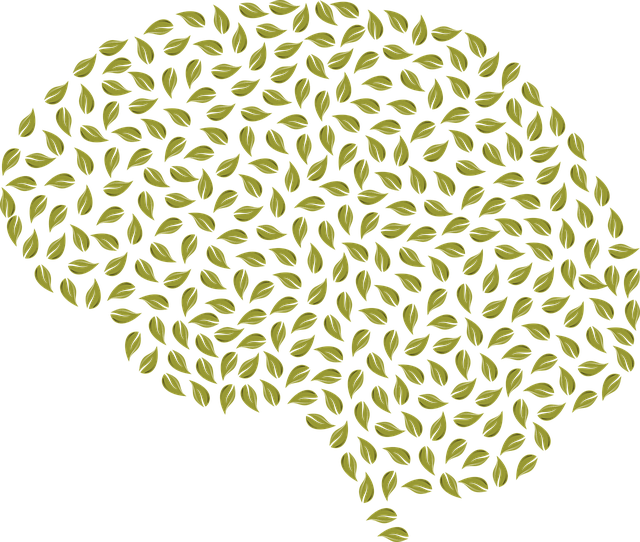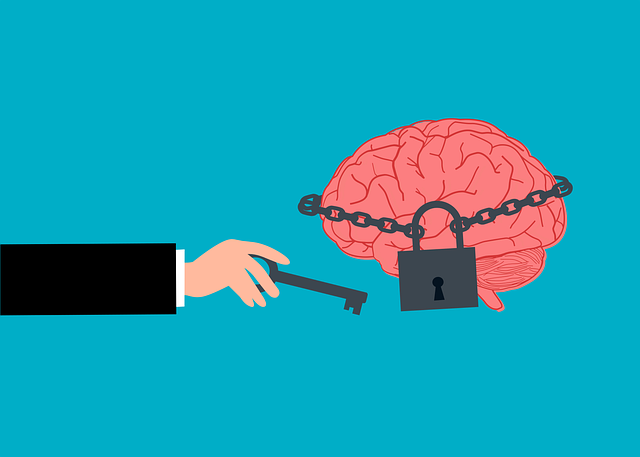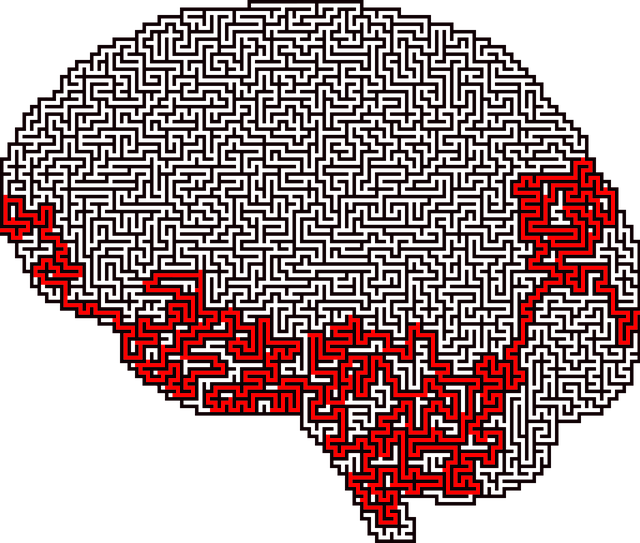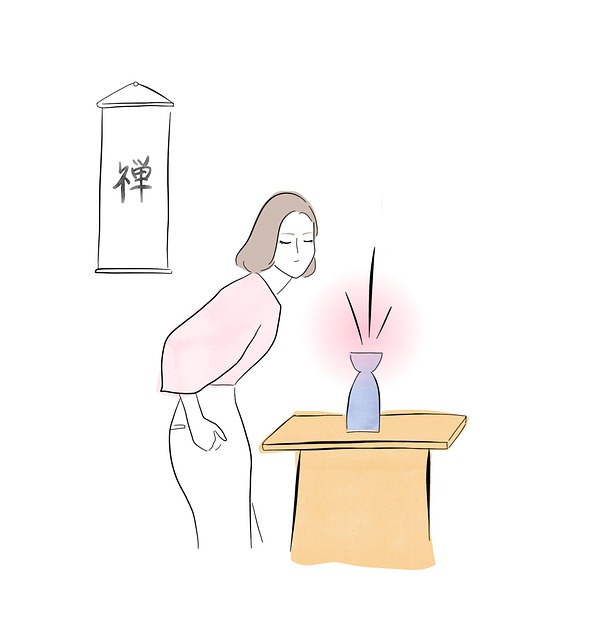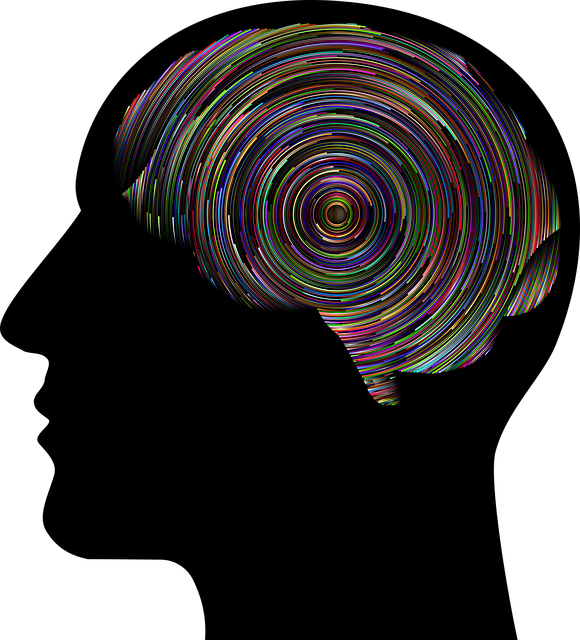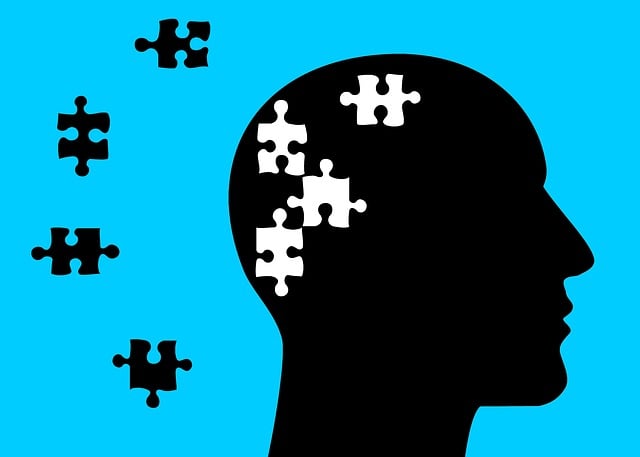Lafayette Geriatrics Therapy offers a revolutionary approach to mental illness diagnosis, addressing common challenges like misdiagnosis and individual variations. They emphasize comprehensive risk assessments, self-awareness exercises, and patient-therapist communication to improve accuracy. By integrating advanced techniques such as mental wellness journaling and stress management, along with evidence-based strategies like mindfulness meditation, they ensure tailored Anxiety Relief strategies for each patient. This holistic care model promotes long-term well-being and empowers individuals in their mental health journeys, resulting in more precise diagnoses and successful treatment outcomes.
Mental illness diagnosis accuracy is a critical aspect of patient care, with significant implications for treatment outcomes. This article explores efforts to enhance diagnostic reliability, focusing on strategies like Lafayette Geriatrics Therapy, an innovative approach. We delve into understanding common misdiagnoses in mental health and discuss evidence-based practices. Additionally, the role of patient-centric care, emphasizing informed consents and supportive environments, is highlighted as key components in improving diagnosis accuracy.
- Understanding the Challenges: Uncovering Misdiagnoses in Mental Health
- Lafayette Geriatrics Therapy: A Novel Approach to Enhance Diagnosis Accuracy
- Evidence-Based Strategies for Improving Diagnostic Reliability
- Patient-Centric Care: Empowering Individuals Through Educated Consents and Supportive Environments
Understanding the Challenges: Uncovering Misdiagnoses in Mental Health

Mental health professionals face a complex challenge when it comes to diagnosing individuals with mental illnesses accurately. Misdiagnosis is a significant concern, often leading to inappropriate treatment plans and negatively impacting patient outcomes. Many factors contribute to this issue, including the vast spectrum of potential symptoms, individual differences in presentations, and the comorbidity of disorders. For instance, what might appear as anxiety could be a symptom of depression or an underlying trauma, requiring distinct therapeutic approaches.
At Lafayette Geriatrics Therapy, we recognize that uncovering misdiagnoses is a critical step towards improving mental health care. This involves a comprehensive risk assessment for professionals to identify potential red flags and gain a deeper understanding of the patient’s history and experiences. Encouraging self-awareness exercises and open communication between patients and therapists can also aid in revealing nuances that might be overlooked during initial evaluations. By addressing these challenges head-on, mental health providers can enhance diagnostic accuracy, ultimately leading to more effective Anxiety Relief strategies tailored to each individual’s unique needs.
Lafayette Geriatrics Therapy: A Novel Approach to Enhance Diagnosis Accuracy

Lafayette Geriatrics Therapy offers a novel approach to significantly enhance mental illness diagnosis accuracy. This innovative method combines traditional therapy with advanced techniques, such as mental wellness journaling exercises and stress management guidance, to provide comprehensive care. By encouraging patients to reflect on their thoughts and emotions through journaling, therapists gain deeper insights into their psychological state, facilitating more precise diagnoses.
Moreover, Lafayette Geriatrics Therapy emphasizes the importance of self-care routine development for better mental health. This holistic approach not only addresses existing symptoms but also equips individuals with tools to maintain long-term well-being. Through tailored exercises and guidance, patients learn effective stress management strategies, fostering resilience and improving overall mental wellness, which are crucial components in achieving accurate diagnosis and successful treatment outcomes.
Evidence-Based Strategies for Improving Diagnostic Reliability

Mental illness diagnosis accuracy is a critical aspect of patient care that significantly impacts treatment outcomes and overall mental wellness. To improve diagnostic reliability, healthcare professionals in Lafayette Geriatrics Therapy are increasingly adopting evidence-based strategies. One such strategy involves utilizing standardized assessment tools tailored to specific disorders, ensuring consistent criteria for evaluation. These tools help capture subtle symptoms and facilitate interrater agreement among therapists.
Additionally, integrating practices like mindfulness meditation into therapeutic routines can enhance diagnostic precision. Mindfulness techniques aid in improving focus, observation skills, and emotional awareness, enabling therapists to better understand clients’ experiences and behaviors. Moreover, implementing robust risk management planning for mental health professionals is paramount. Such plans include thorough case history reviews, regular supervision, and continuous professional development, thereby reducing errors and promoting accurate diagnoses at Lafayette Geriatrics Therapy.
Patient-Centric Care: Empowering Individuals Through Educated Consents and Supportive Environments

In recent years, there’s been a growing emphasis on patient-centric care in mental health treatment, reflecting a shift towards empowering individuals with knowledge and control over their journeys. This approach is particularly relevant at centers like Lafayette Geriatrics Therapy, where therapists work closely with patients to tailor treatments that address specific needs. By promoting educated consents, where patients understand their diagnosis, treatment options, and potential outcomes, mental health professionals foster a collaborative environment. This collaboration enables individuals to make informed decisions about their care, enhancing self-awareness exercises and encouraging active participation in their recovery.
A supportive environment is equally crucial for effective therapy. Lafayette Geriatrics Therapy creates safe spaces where patients feel comfortable discussing their experiences and emotions without fear of judgment. Such environments encourage open communication, making it easier for individuals to express their concerns and work through them. Moreover, by integrating stress reduction methods into treatment plans, therapists help patients manage symptoms and improve overall mental health awareness. This holistic approach ensures that individuals not only receive accurate diagnoses but also develop the tools needed to navigate their mental health journeys with resilience and confidence.
Mental illness diagnosis accuracy is a multifaceted challenge that requires innovative approaches like Lafayette Geriatrics Therapy, evidence-based strategies, and patient-centric care. By understanding the complexities of misdiagnoses, implementing reliable diagnostic tools, empowering individuals through education, and fostering supportive environments, we can significantly improve mental health treatment outcomes. These efforts not only enhance the reliability of diagnoses but also promote holistic healing and well-being for those navigating mental health issues.


